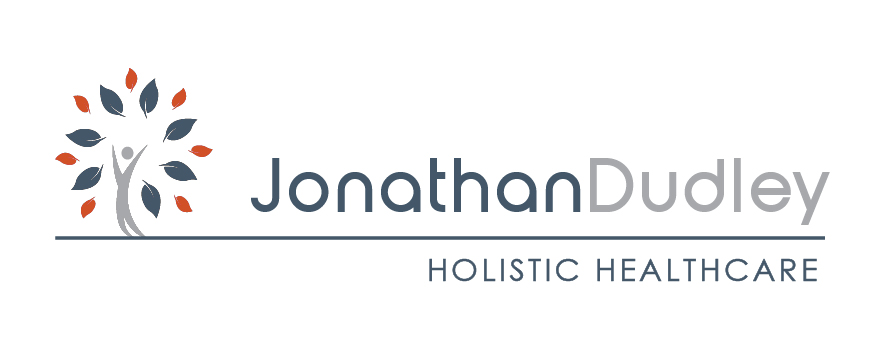What is the truth on the relationship between cholesterol and heart disease? Over recent decades, the war on cholesterol has been very evident. We see it every day with advice on low cholesterol foods, and friends and colleagues being placed on statin drugs in order to reduce cholesterol levels to what is considered to be acceptable levels.
However, there is also another side to this argument that states that cholesterol and heart disease are not as closely linked as the medical establishment would have us believe. This short blog by Dr. David H. Newman outlines some basic truths about this very important area of health, and argues that statin drugs are more dangerous and create more problems than the heart disease they are trying to avoid. The blog should stimulate those interested or those currently taking statins to conduct further research.
CoQ10: Statins lower your CoQ10 levels by blocking the pathway involved in cholesterol production -- the same pathway by which Q10 is produced. Statins also reduce the blood cholesterol that transports CoQ10 and other fat-soluble antioxidants. As your body gets more and more depleted of CoQ10, you may suffer from fatigue, muscle weakness and soreness, and eventually heart failure, the very thing you are trying to avoid by taking the statins in the first place. So if you’re taking statin drugs, it’s imperative that you take CoQ10 or, preferably, ubiquinol, the reduced, electron-rich form of coenzyme Q10.
The Statin Insanity by Dr. David H. Newman
The medical student was confused. "Well, that's not good."
He was seeing, in black and white, the benefits and harms of statin medicines. After years of systematic inculcation about the power of cholesterol reduction, this was the first time he had seen the numbers.
"I don't get it. I thought cholesterol was the big player in heart attacks."
Not really. Three-quarters of people having a first heart attack, for instance, have normal cholesterol levels.
"Seriously?"
Indeed. In fact, 50 years ago during the Framingham Heart Study, researchers first suggested that cholesterol may be a weak risk factor for heart disease. This led to a parade of drugs (fibrates, niacin, ezetemibe, etc.) that, despite lowering cholesterol, didn't help people live longer or avoid heart attacks.
"I've never heard that."
It gets worse: When the completed, 30-year data from the study was analyzed, in most age groups high cholesterol wasn't associated with more deaths. In fact, for older people, deaths were more common with low cholesterol.
"Now wait. Statins are supposed to be a 'miracle drug.' Heart disease is declining, right?"
Actually, heart disease deaths started dropping 40 years ago and the rate of that decline is completely unchanged since statins came into widespread use. On a public health scale, statins are a failure.
"This is insane."
------
It is also insane that medical schools around the country do not teach the failures of the cholesterol model of heart disease. Even for heart patients, a group in whom the benefits of statin drugs are broadly accepted, 80 people have to take the drug for one life to be saved. And just one in 40 will be spared from a heart attack. For these scraps of hopeful benefit, there is a price: the drug will give one in every 50 diabetes. Those are the numbers my student was looking at.
The American Heart Association's new guideline changes things most dramatically, however, for people who derive even less benefits. The guideline seems to expand recommendations for statins in those without known heart disease. For these individuals the chance of contracting diabetes due to the statin is roughly the same as the chance of avoiding a nonfatal heart attack. And while I would prefer to have neither, diabetes is a life-altering chronic condition and a nonfatal heart attack is a few days of temporary discomfort. Worse yet the pills don't save lives, or else they save so few that topic is still hotly debated.
There is another reason to doubt the benefits of statins: The studies were mostly performed by drug companies with a history of gamesmanship and fraud in the reporting of results. The numbers are likely to be the rosiest version of reality (to understate). Of course, the cardiologists on the committee that wrote the guidelines are quite familiar with the drug companies that make statins, since 7 of 15 have financial ties to them.
History will judge the American Heart Association guidelines by their effect. We currently have a statin epidemic with 25 percent of adults over the age of 45 taking the pills, a large majority of whom do not have heart disease and have not seen the numbers. But they are simple, and available. No doctor should be prescribing a statin and no person should be taking one, unless they have seen them. If more people without heart disease take statins it will be a victory of misinformation.
And then I would have to agree with my student: This is insane.
Published online 15th November 2013

